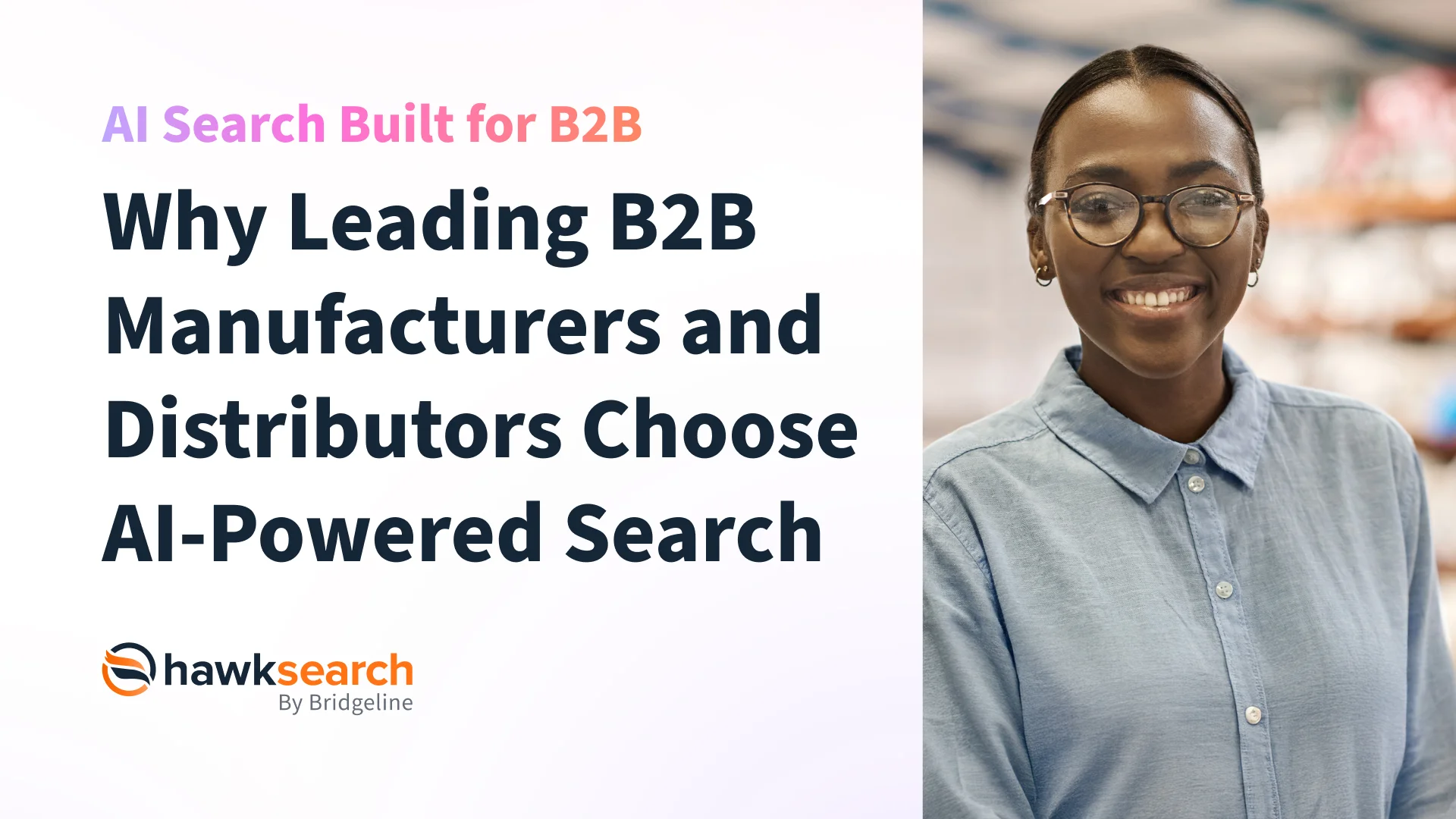
How AI is Changing eCommerce
Artificial Intelligence’s arrival has been long anticipated and its possibilities explored throughout the works of art, literature, and business for decades.
However, our present coexistence with Artificial Intelligence (AI) hasn't been as dramatic and adventurous as Star Wars and The Terminator envisioned it to be.
Perhaps AI hasn't provided us with a drinks tray/fire extinguisher/rocket booster-equipped, self-aware droid like R2D2… yet, but Artificial Intelligence has permeated our everyday lives in many of other ways.
Artificial Intelligence in the real world may not serve the purposes typically embodied in science fiction, but AI technologies have found good use across business industries.
AI today powers algorithms as simple as those in games where you play chess against the computer, and as complex as those in search engines, website builder software, and payment gateway services, to name a few.
In this article, we focus on the relationship between Artificial Intelligence and eCommerce, and how AI development transforms the process of selling products online.
AI in eCommerce: Stats & Facts
According to a 2020 survey, 70% of eCommerce decision-makers in North America and Europe regarded AI as helpful in their business personalization efforts. Additionally, the executives believed AI would support the improvement of their site search, forecasting, marketing, sales, and customer service processes.
In 2021, 86% of decision-makers regarded AI as a “mainstream technology,” and a quarter of the surveyees noted they have already implemented AI chatbots into their businesses.
As for eCommerce, the rise of the conversational AI learning model and its use in marketing and sales has boosted company revenue by around 20%.
The largest eCommerce website, Amazon, drives over a third of its annual sales with the help of machine-learning models it leveraged to build and fine-tune its recommendation engine that makes personalized product suggestions to shoppers.
AI benefits eCommerce even after the shoppers' credit cards are left with a smaller balance. Namely, Artificial Intelligence provides more efficient customer service, reducing resolution time from an average of 38 hours to a mere 5.4 minutes and cutting costs by nearly a third.
The Advantages of Using AI in eCommerce
In a recent publication by McKinsey & Company, the Retail Industry Leaders Association named seven imperatives for rethinking retail in 2021, and every one of them can - to a certain point - be endowed with AI-powered technology.
Hyper-Personalization
Personalization has, thanks to AI, become so common that eCommerce businesses cannot afford to not leverage it. Advances in Artificial Intelligence technologies have paved the way to substantial content personalization, creating the feeling of a one-to-one conversation between brands and customers.
Increased Customer Retention
A personalized user experience coupled with efficient customer service is a sure-fire way to increase your eCommerce business's customer retention.
Many existing CRM software leverages these AI technologies, but larger eCommerce businesses can discover more benefits by leveraging the expertise of data scientists from some of the top IT managed services companies to develop custom customer management software.
Process Automation
Automation decreases the need for human intervention as much as possible, thus benefiting eCommerce businesses in terms of cutting operational costs, decreasing the chance of human error, and boosting employee satisfaction and motivation by allowing them to perform more creative and less repetitive jobs.
Other forms of AI automation, such as robotics and machine learning, can play a role in automating different aspects of eCommerce, like product recommendations, loyalty discounts, data indexing, etc.
A Streamlined Sales Process
ECommerce websites can use AI to collect customer data, automate follow-up on abandoned cart inquiries, and move customers through the sales funnel faster and more intuitively.
Applications of Artificial Intelligence in eCommerce
AI's power is leveraged across the board when selling online, from personalizing product recommendations and optimizing product pricing, to improving customer service and forecasting sales and demand.
If you've flirted with the idea of integrating Artificial Intelligence into your eCommerce business, here are some use cases of AI in the world of online selling:
Big Data Analytics
ECommerce businesses rely on large amounts of data to carry out their day-to-day processes efficiently, and big data analytics is a type of AI that assists with processing extremely large datasets.
Big data analytics can help yield more sales, create efficient marketing campaigns, and make data-driven decisions. ECommerce businesses are employing big data analytics alongside data visualization and business intelligence to:
- Monitor online sales performance
- Analyze market demand
- Assess marketing campaigns
- Track product inventory
- Oversee supply chain
- Scan the website to flag fake reviews
- Uncover brand social media mentions
Lead Retargeting & Remarketing
AI allows eCommerce businesses to expand their audience reach and start selling their products/services to a greater pool of potential customers and targeted leads.
Artificial intelligence can be utilized to reach out to cold leads (customers unaware of the brand's existence) and warm leads (those who have shown interest in the brand or its product).
Additionally, AI is great for retargeting customers, i.e., structuring a marketing strategy targeted toward leads in the sales funnel but who haven’t yet converted. AI-powered retargeting can be done via personalized messaging and recommendations.
Conversational AI Chatbots
AI's deep learning is utilized in natural language processing (NLP) and natural language understanding (NLU) to create a new breed of virtual agents - conversational chatbots.
These AI chatbots can mimic human-like conversations thanks to their power to:
- Identify the conversation's context
- Assess customer intention
- Retrieve data from their knowledge base to construct new answers
Conversational AI chatbots are a cost-effective way to improve customer engagement, provide 24/7 customer care service, and create Points of Sale (PoS) on platforms outside the company website.
These chatbots allow customers to purchase via social media and messaging apps, thus boosting the eCommerce business's traffic, conversion, and ROI.
As AI chatbots have become a mainstay in the eCommerce industry, there is plenty of chatbot software to simply integrate into your online shop.
Some do come with a hefty price tag, but luckily, most companies offer a free trial to test out their AI-powered eCommerce solution and see if it fits your business needs.
Contextual Search and Recommendations Engine
AI's neural network technology - algorithms that strive to recognize relationships in a data set by mimicking human brain processes - helps eCommerce businesses provide shoppers with more accurate search results and offer related search suggestions.
The contextual search feature scans data such as days of the week, season, and trending topics to make search results more precise.
The AI recommendations engine uses external data like browser history and cookie data to pull customers' previous online activity and purchase history. It then can personalize product recommendations by assessing their relevancy to each buyer.
Search via Voice and Images
According to 2022 data, over a quarter of the global online users are utilizing the voice search feature on their mobile devices.
Conversely, 74% of shoppers deem the traditional text-based search ineffective when seeking products online.
Hands-free and screen-free technologies are growing in popularity, and together with smart assistants such as Alexa and Google Home, will shape the future of eCommerce.
The Future of eCommerce
The benefits and abilities of Artificial Intelligence are vast. Integrating AI technology has proven to improve ROI and increase traffic, conversion, and the average order value for eCommerce site. Soon, most likely very soon, AI will not be the standout competitive advantage, but in fact the norm that all eCommerce platforms will have to adhere to if they want to participate in the industry.
By looking to integrate AI now rather than later, you are already one step ahead of the competition. Determine what type of AI integration works best for your strategy, and after implementing it, use that technology to continually redefine your strategy to consistently find the best new means of growth.
AI may not be at the point of Star Wars or Terminator, but the truth is that it's far along now that it can make a significant contribution your eCommerce business. Using AI now will guarantee your eCommerce business will be prepared for the future, and whatever may come next.
FAQs















